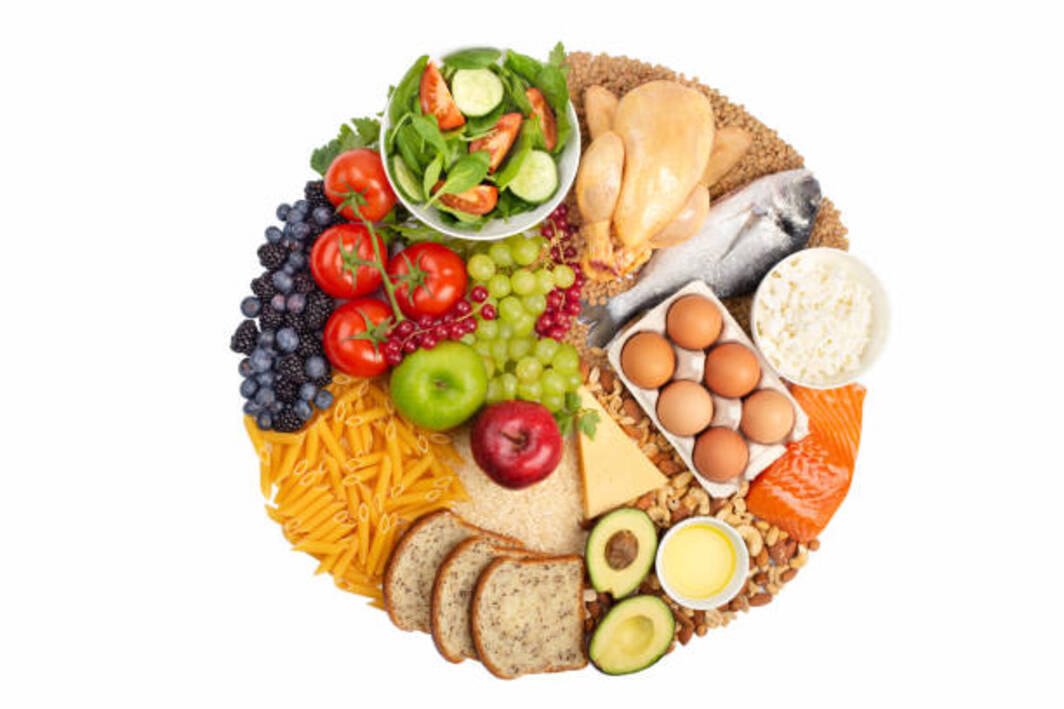Diabetes Management
Can Consuming Honey Cause Diabetes?
1 min read
By Apollo 24|7, Published on - 12 July 2024
Share this article
0
0 like
.jpg?tr=q-80)
The question, "Can honey consumption lead to diabetes?" is indeed thought-provoking. It’s a natural sweetener loved by many, but could it be harmful to individuals managing their blood sugar? Let's explore the impact of honey on blood sugar levels.
How Honey Impacts Blood Sugar Levels
Honey, while natural, contains carbohydrates that can raise blood sugar levels. People with diabetes need to watch their intake of carbohydrates and sugars, including honey. However, studies have found that honey can lower blood sugar levels more effectively than table sugar in both healthy people and those with type 2 diabetes.
Honey's Nutritional Benefits
Honey, a natural sweetener, packs in antioxidants and anti-inflammatory properties that can aid in reducing complications associated with diabetes (when compared to table sugar). Studies have indicated that it can even lower blood sugar levels when compared to table sugar in healthy individuals and those managing type 2 diabetes.
Honey is Not a Diabetes Cure
While honey does hold certain benefits for those with diabetes, it's not a complete cure or treatment. Like most things, honey should be consumed in moderation as part of a balanced diet.
Managing Diabetes Holistically
Diabetes management goes beyond just monitoring food intake. It includes striking a balance with regular exercise, maintaining a healthy weight and following prescribed medications.
For individuals seeking effective ways to manage their type 2 diabetes, consider enrolling in the Apollo Super 6 programme. Tailored by expert Apollo doctors in India, the programme supports your journey towards a healthier lifestyle through diet improvements, increased physical activity and personalised support.
Diabetes Management
Consult Top Diabetologists
View AllLeave Comment
Recommended for you

Diabetes Management
Can Tea and Coffee be Harmful in Diabetes?
Caffeine, found in tea and coffee, can impact the blood sugar and insulin levels of individuals with type 2 diabetes. Studies suggest caffeine may raise blood sugar and reduce insulin sensitivity, increasing the risk of complications. Caffeine elevates stress hormones, blocks adenosine, and disrupts sleep. It takes as little as 200 milligrams of caffeine to affect blood sugar. For those with type 2 diabetes, switching to decaffeinated options may help maintain better blood sugar control.

Diabetes Management
Can Diabetes Be Cured Naturally?
Living with diabetes doesn't mean the end of enjoying scrumptious meals. It's all about striking the right balance. Can diabetes be cured naturally? The answer lies in understanding diabetes and its types, the role of diet, exercise, sleep, and stress management. Natural remedies can also play a role in controlling blood sugar levels - but only under your doctor's guidance. Find out more on how to effectively manage diabetes and enjoy a wholesome life.

Diabetes Management
Navigating Carbs and Proteins: A Guide for Diabetic Individuals
Navigating Carbs and Protein for Diabetes Control Proper diabetes management requires understanding how carbohydrates and proteins affect blood sugar levels. Carbohydrates directly raise blood sugar, but high-fibre sources can slow this process. Protein helps to maintain blood glucose over a longer period, with lean sources being the best option. Balancing these two nutrients at each meal is crucial for sustained diabetes control.
Subscribe
Sign up for our free Health Library Daily Newsletter
Get doctor-approved health tips, news, and more.
Visual Stories

8 Fruits That are Incredibly Healthy for Diabetes
Tap to continue exploring
Recommended for you

Diabetes Management
Can Tea and Coffee be Harmful in Diabetes?
Caffeine, found in tea and coffee, can impact the blood sugar and insulin levels of individuals with type 2 diabetes. Studies suggest caffeine may raise blood sugar and reduce insulin sensitivity, increasing the risk of complications. Caffeine elevates stress hormones, blocks adenosine, and disrupts sleep. It takes as little as 200 milligrams of caffeine to affect blood sugar. For those with type 2 diabetes, switching to decaffeinated options may help maintain better blood sugar control.

Diabetes Management
Can Diabetes Be Cured Naturally?
Living with diabetes doesn't mean the end of enjoying scrumptious meals. It's all about striking the right balance. Can diabetes be cured naturally? The answer lies in understanding diabetes and its types, the role of diet, exercise, sleep, and stress management. Natural remedies can also play a role in controlling blood sugar levels - but only under your doctor's guidance. Find out more on how to effectively manage diabetes and enjoy a wholesome life.

Diabetes Management
Navigating Carbs and Proteins: A Guide for Diabetic Individuals
Navigating Carbs and Protein for Diabetes Control Proper diabetes management requires understanding how carbohydrates and proteins affect blood sugar levels. Carbohydrates directly raise blood sugar, but high-fibre sources can slow this process. Protein helps to maintain blood glucose over a longer period, with lean sources being the best option. Balancing these two nutrients at each meal is crucial for sustained diabetes control.

